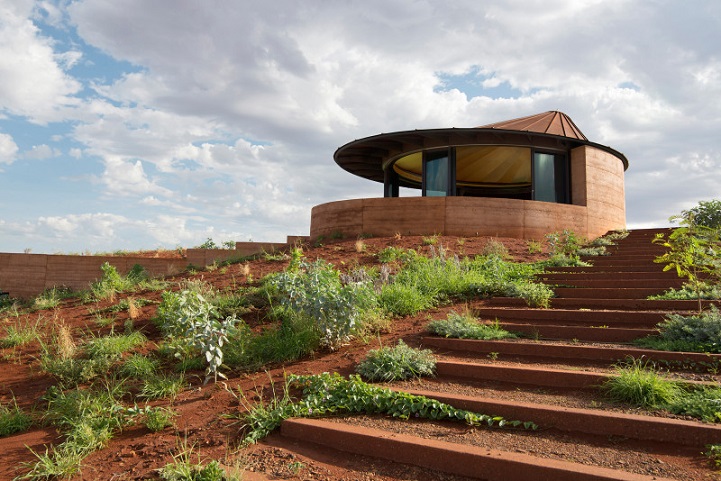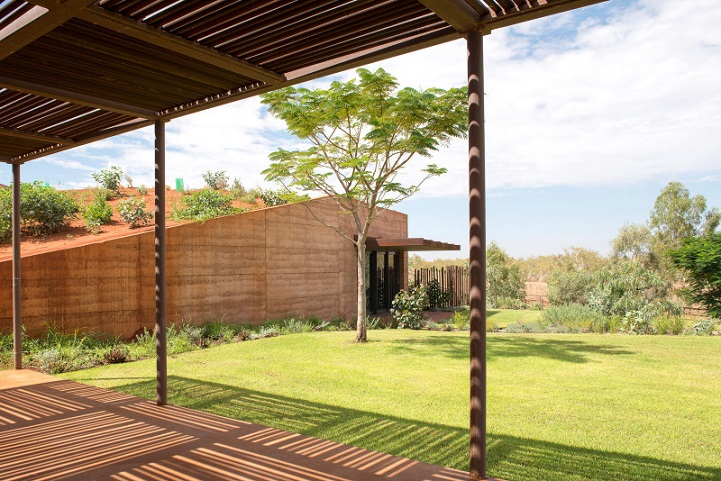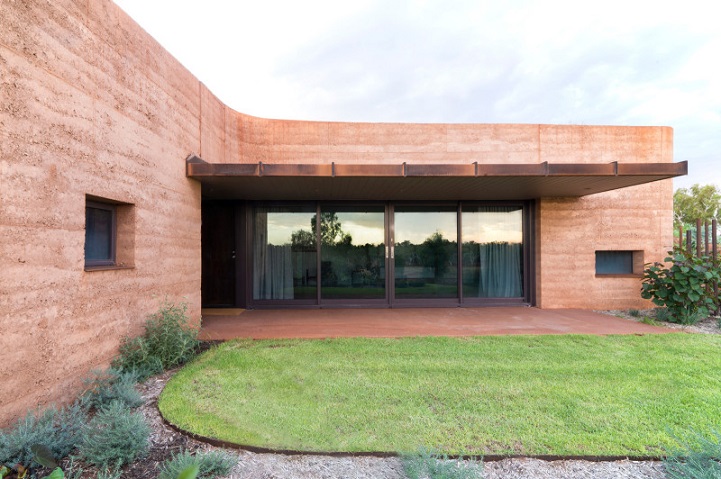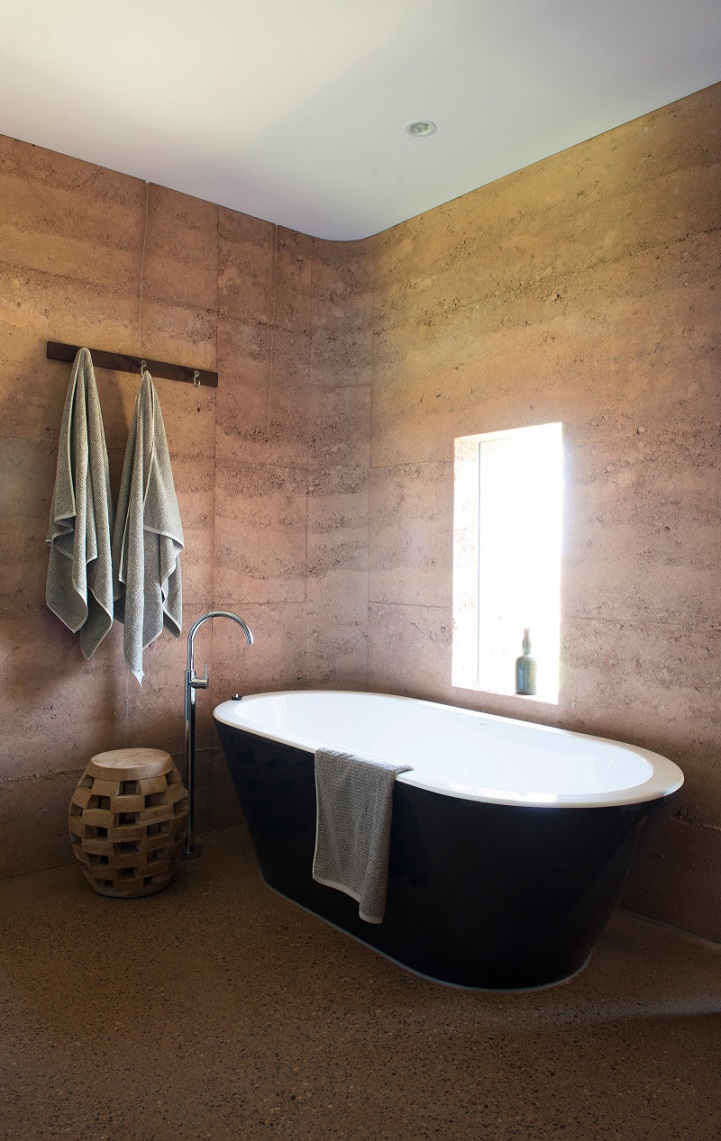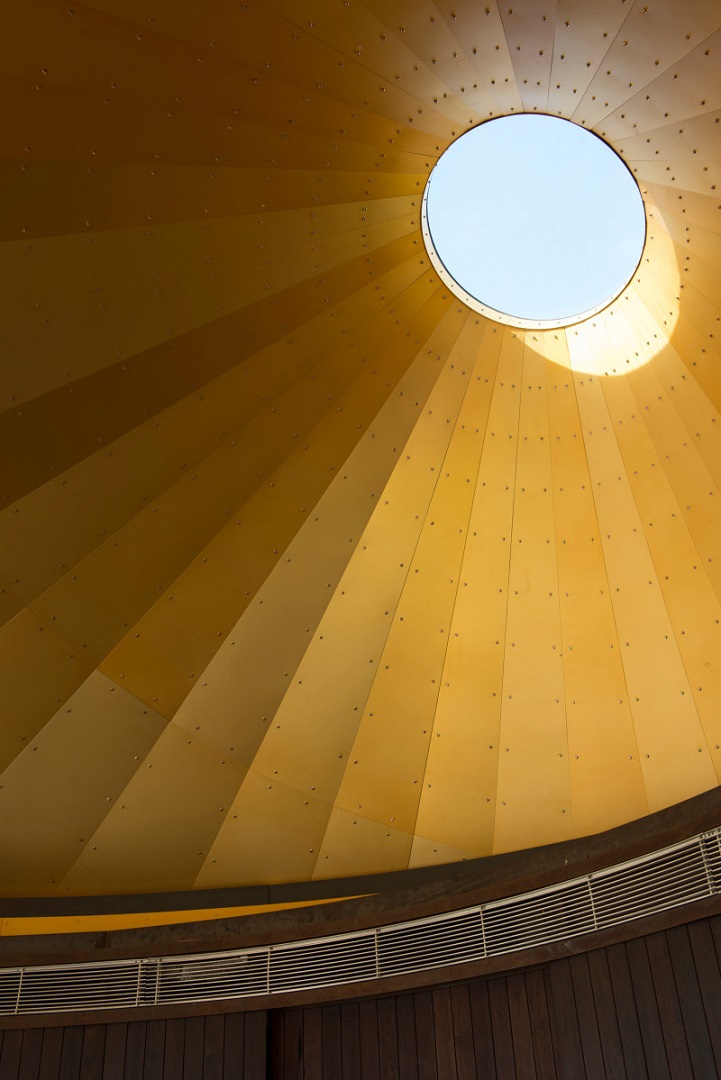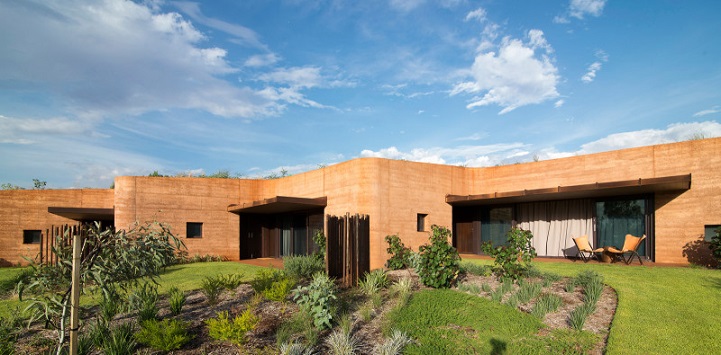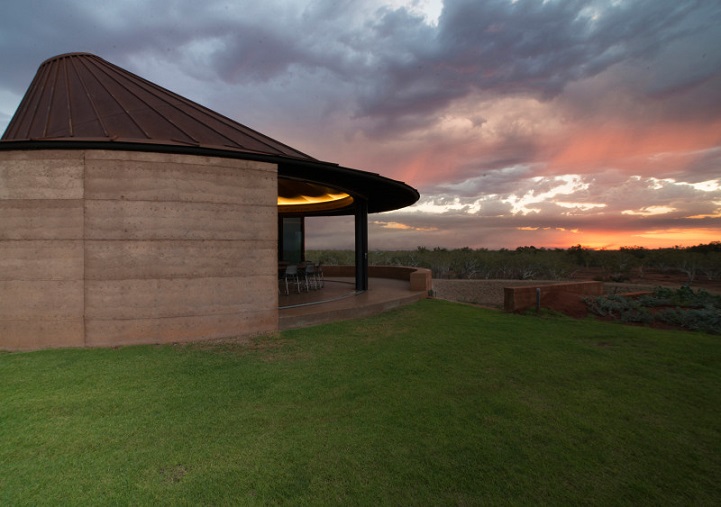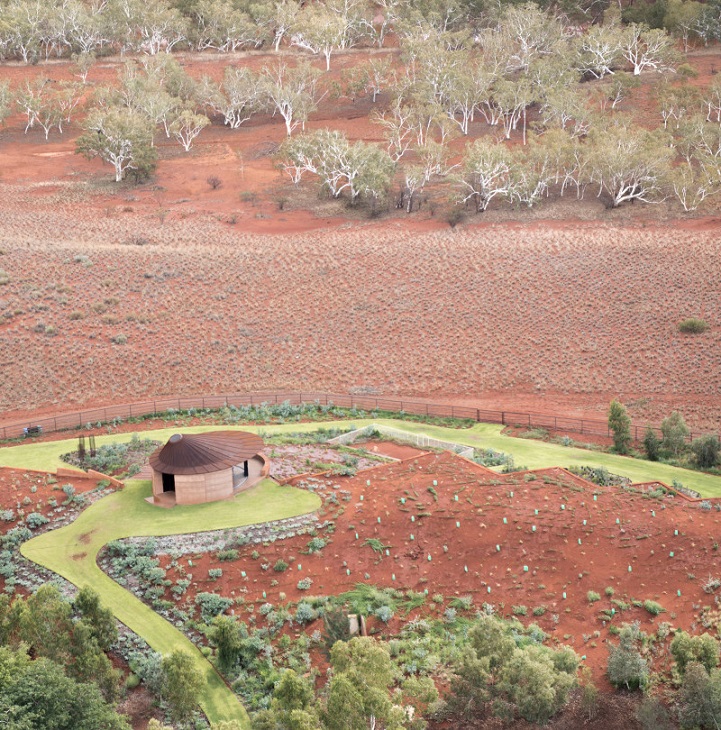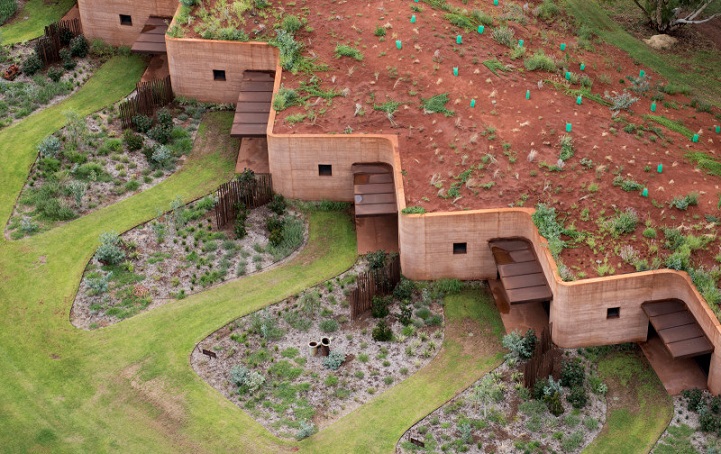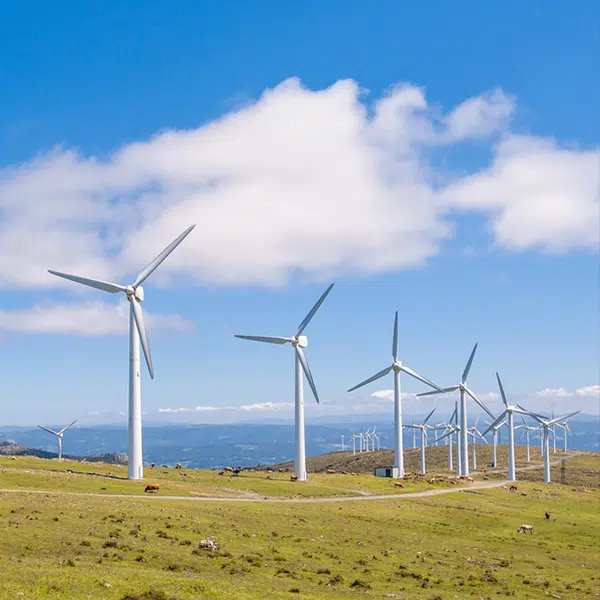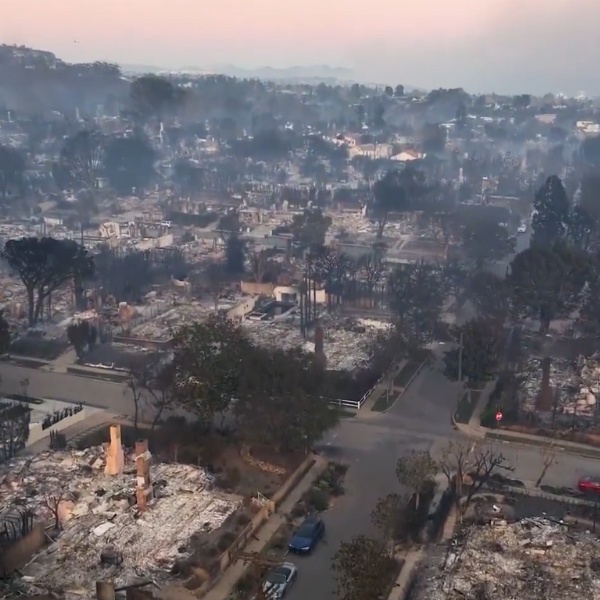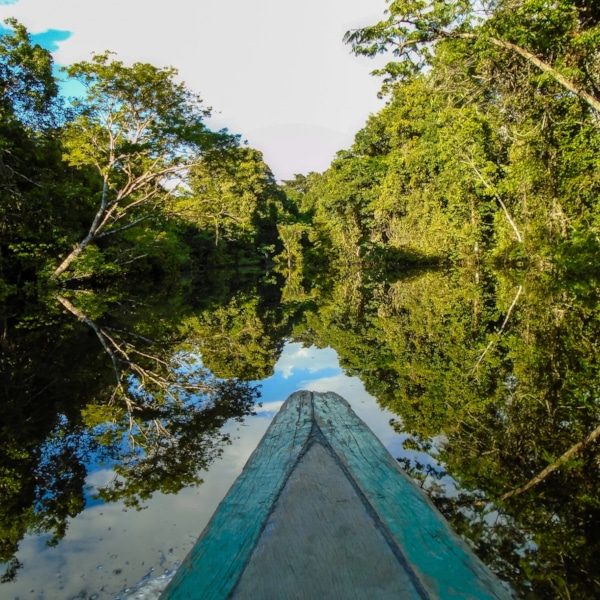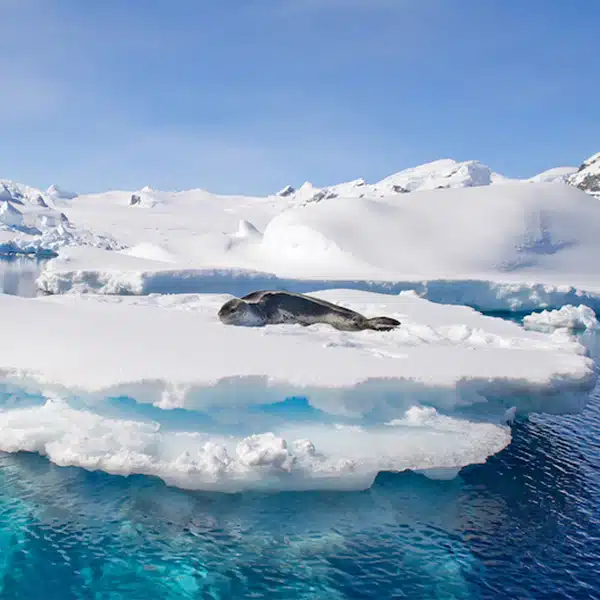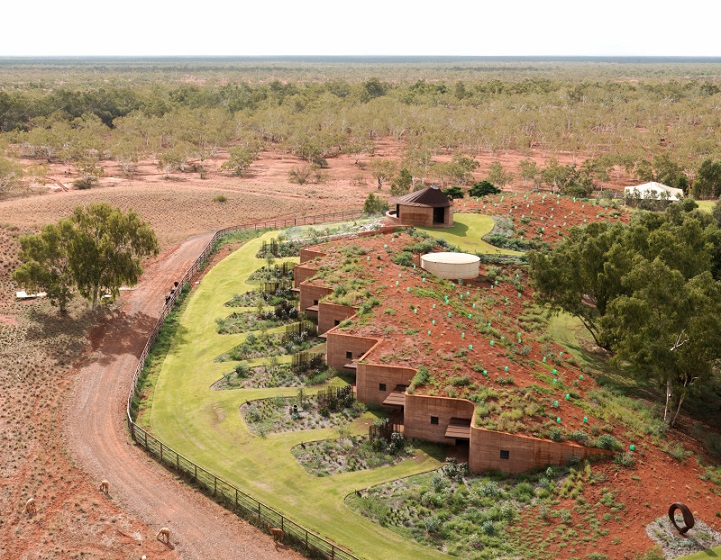
Composed of 230m of simple, natural materials, this earthen structure may look unassuming, yet it is actually the longest rammed earth wall in Australia. Built to accommodate cattle workers during mustering season in the scorching Western Australia outback, the eco-friendly formation represents a shift in the approach to architectural design of this sort. Built by Luigi Rosselli Architects and tucked into the edge of a sand dune, this “Great Wall of Australia” is a brilliant example of simple, eco-conscious design.
The wall is constructed primarily using iron-rich, sandy clay obtained from the building site and gravel from a nearby river, which are bound together using water from a local bore (hole). This ancient technique forms the exterior faade, that is then built into a sand dune which forms the rear and roof of the building. Simple in theory, this results in a structure that naturally stays cool, even in the intense heat of the outback. The continuous building contains twelve earth-covered apartments, separated by angled verandas to maintain privacy. Designer Sarah Foletta creates an interior space with a minimalistic yet liveable style, and a central hub on top of the wall provides a place for residents to meet and socialize.
It may seem decidedly elementary, yet this natural, energy-efficient approach towards housing development will save time, money, and resources. The design has been acknowledged by Australian Institute of Architects, and hopefully represents a shift towards similarly eco-friendly architecture in the future.
